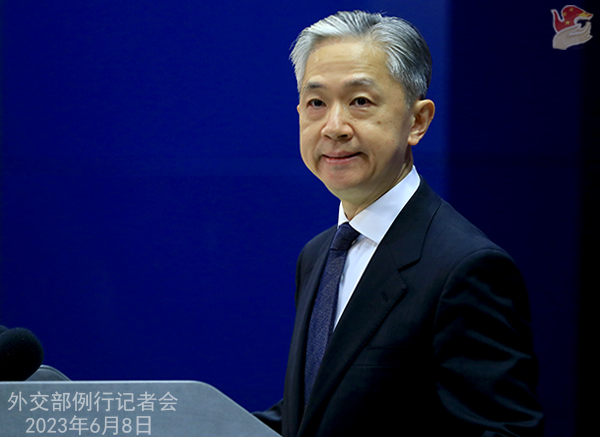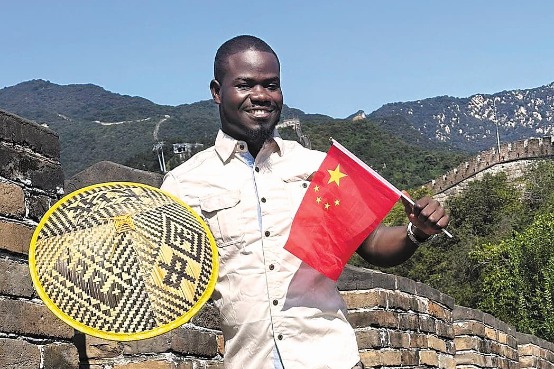Foreign Ministry rebuts US claims on fentanyl


Foreign Ministry spokesman Wang Wenbin on Thursday dismissed the accusation made by the United States that China is failing to control fentanyl, saying that the root cause of this issue lies within the US itself and urging Washington to show sincerity in cooperation instead of attempting to shift the blame to China.
Speaking at a regular news briefing in Beijing, Wang said that China was the first country in the world to have officially scheduled fentanyl-related substances as a class in 2019 to prevent their illegal production, trafficking and abuse. "And the US was an important beneficiary country," he said.
The US has been criticizing China over the drug and the latest accusation was made by the US Ambassador to China Nicholas Burns. Speaking to an audience in Washington via video link on Wednesday, Burns said the US side has not seen progress made by the Chinese government on this issue.
"May I ask why the US government is so ungrateful and even severely undermined the foundation of China-US counternarcotics cooperation with groundless sanctions and accusations?" Wang said, referring to a series of sanctions imposed by the US side on Chinese institutions, enterprises and individuals including the National Narcotics Laboratory in China.
Last month, the US imposed unreasonable sanctions on Chinese entities and individuals for exporting pill press machines and die molds to the US and Mexico.
Wang said it is not clear whether or not the US wants to solve its domestic drug problem through cooperation . "Does the US consider it a greater priority to suppress China instead? I think you can ask Ambassador Burns," he told a reporter.
Noting that the fundamental solution is to reduce its domestic demand and supply, the spokesman urged the US side to control its own prescription of the drug and enhance public awareness of the drug's harm rather than shifting blames to another country.
Wang also expressed China's opposition to any form of military contact between the Taiwan region and countries having diplomatic relations with China. A Financial Times report said that the US, Japan and the Taiwan region will share real-time data from naval reconnaissance drones, according to four people familiar with the project.
"The one-China principle is a basic norm in international relations and a prevailing consensus among the international community. And it serves as a political foundation for China-US and China-Japan relations," he said, urging relevant countries to stop creating factors that could cause tensions across the Taiwan Strait.
































